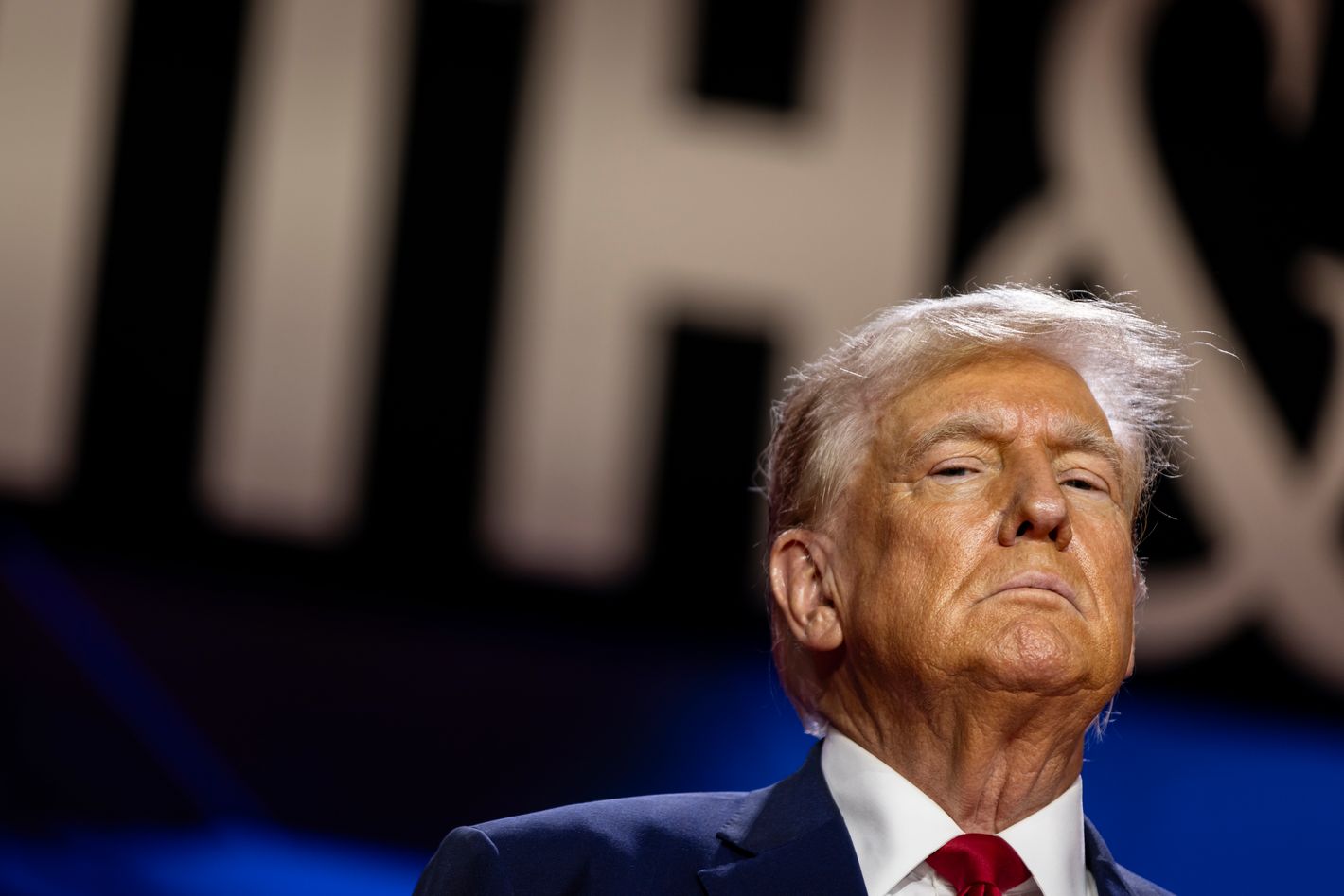Supreme Court Gives Trump Permission to Stand Above Law
In another landmark decision, the Supreme Court’s conservative majority guts Trump’s federal trial and green-lights the imperial presidency.

The same six conservative U.S. Supreme Court justices who swept away Roe v. Wade in 2022 took another revolutionary step on the last day of the current Court term. They adopted a theory of presidential immunity from criminal prosecution that will almost certainly allow Donald Trump to evade responsibility for his insurrectionary conduct on and before January 6 while setting a new and highly permissive standard that will surely encourage Trump to continue his lawless behavior if he returns to power next year.
Writing for a unified majority (aside from a concurrence by Justice Amy Coney Barrett that seeks to carve out a few clearly unconstitutional presidential acts from immunity), Chief Justice John Roberts took two crucial steps toward paralyzing any federal prosecution of former presidents for criminal misconduct. First, he extended the concept of presidential immunity for official acts against civil liability, which the Court developed in a 1982 decision involving a lawsuit against former president Richard Nixon. Today’s decision applies that doctrine to criminal cases, a highly controversial proposition with no real precedent. Second, he set out a test for determining the line between “official” and “unofficial” acts that makes it difficult to discern any acts that are not at least presumptively immune.
As an immediate result, the decision forces a reconsideration of Trump’s immunity claims with respect to the crimes alleged in special counsel Jack Smith’s federal prosecution that virtually guarantees a delay in his trial until the former president is safely past the November election. No matter what Judge Tanya Chutkan decides, Trump will be able to again appeal to the U.S. Supreme Court for a clarification of its hazy but highly permissive scheme for assessing presidential misconduct. He’s almost certainly in a position to quash his own prosecution if he wins, which greatly enhances the likelihood that he’ll again refuse to admit defeat if he loses.
But the decision in Trump v. United States has implications that go far beyond its impact on the 2024 presidential election. As Justice Sonia Sotomayor’s dissent for the Court’s liberal bloc argues, it could give a reelected Trump or any other future president breathtaking freedom from accountability for criminal misconduct:
Today’s decision to grant former Presidents criminal immunity reshapes the institution of the Presidency. It makes a mockery of the principle, foundational to our Constitution and system of Government, that no man is above the law. Relying on little more than its own misguided wisdom about the need for “bold and unhesitating action” by the President … the Court gives former President Trump all the immunity he asked for and more …
The main takeaway of today’s decision is that all of a President’s official acts, defined without regard to motive or intent, are entitled to immunity that is “at “at least … presumptive,” and quite possibly “absolute.”
While Roberts’s majority opinion allows for a theoretical area of presidential acts that are not forever cloaked with immunity, and accuses the dissenters of striking “a tone of chilling doom that is wholly disproportionate to what the Court actually does today,” it’s difficult to discern any warning signs that someone like Trump would observe. Sotomayor goes through the scary hypotheticals of “official acts” that would be presumptively if not absolutely sealed off from prosecutors:
The President of the United States is the most powerful person in the country, and possibly the world. When he uses his official powers in any way, under the majority’s reasoning, he now will be insulated from criminal prosecution. Orders the Navy’s Seal Team 6 to assassinate a political rival? Immune. Organizes a military coup to hold onto power? Immune. Takes a bribe in exchange for a pardon? Immune. Immune, immune, immune.
In a separate dissent, Justice Ketanji Brown Jackson suggests that any doctrine of presumptive presidential immunity for criminal acts inherently defies the principle of equality before the law:
Unlike a defendant who invokes an affirmative defense and relies on a legal determination that there was a good reason for his otherwise unlawful conduct, a former President invoking immunity relies on the premise that he can do whatever he wants, however he wants, so long as he uses his “‘official power’” in doing so … In the former paradigm, the President remains subject to law; in the latter, he is above it.
Truly, Trump v. United States is the right name for this case, and Trump won. While you can expect Jack Smith to try to revise and revive his case, it may have been delayed and gutted beyond repair. And now the last line of defense against a rogue president lies with the American electorate.
